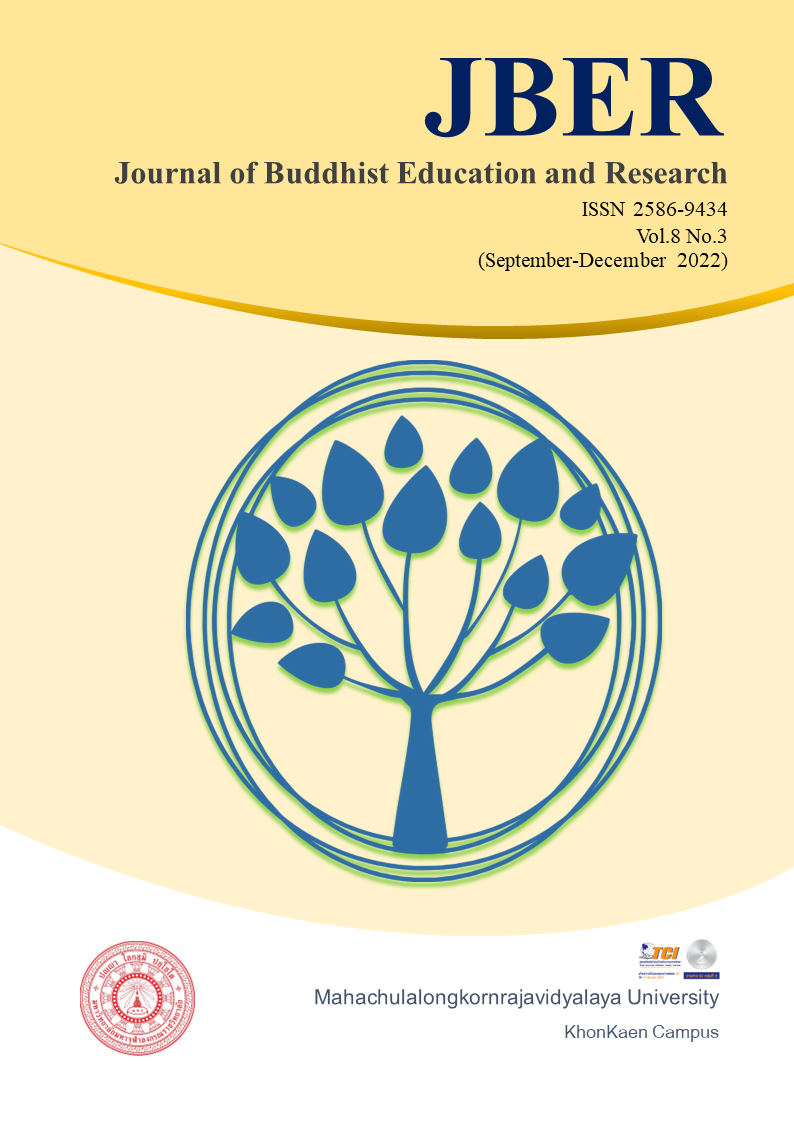A STUDY OF THE IMPACT OF BRAND VALUE OF NEW ENERGY AUTOMOBILE INDUSTRY ON CONSUMERS’ PURCHASE INTENTION, WITH BRAND PERSONALITY AS AN INTERMEDIARY VARIABLE
Keywords:
New energy vehicle industry; brand value; brand personality; consumer willingness to buyAbstract
With the world's continuous attention to energy conservation and environmental protection, the era of new energy vehicles is coming, and all over the world are actively developing the new energy vehicle industry. As the world's largest automobile consumer country, China pays more attention to vigorously developing the new energy vehicle industry.
This research is based on the brand construction of new energy vehicle enterprises, to brand value, the relationship between brand personality and consumer purchase willingness as the research problem, through the questionnaire survey of data collection, analysis, finally verify the hypothesis model, brand personality plays an intermediary role between brand value and consumer willingness to buy. At the same time, the research results found that the functional value of the brand value had the most significant effect on the purchase intention; the "courage", "benevolence" and "Happy" had the most significant effect on the purchase intention. In the study of the intermediary effect, the brand value has the most significant effect on the purchase intention through the three dimensions of "brave", "Benevolence" and "Happy".
References
Aaker, D.A., & Biel, A. (1993). Brand Equity & Advertising: Advertising's Role in Building Strong Brands, Lawrence Erlbaum Associates Inc. Publishers.
Aaker, J.L. (1997). Dimensions of brand personality. Journal of Marketing Research, 34 (3), 347-356.
Edson. (2006). An Introduction to New Energy. Chemical Industry Press.
Farquhar, P.H. (1989). Managing Brand Equity. Marketing Research, 1989(30).
Hu, D.F., & Wang, L.P. (2010). On the Construction of Chinese New Energy Vehicle Industry Innovation System. Soft Science, 24(2): 14-18.
Jiang, J., & Han, Q. (2011). Technological innovation and market cultivation of the new energy vehicle industry. Reform, (7): 57-63.
Keller, K.L. (1999). Managing brand for the long run, brand reinforcement and revitalization strategies. California Management Review, 41(3), 102-124.
Li, D.Y. (2011). Countermeasures on the Development of New Energy Vehicle Industry in China under the Background of Low Carbon Economy. Economic vertical horizontal, 2: 74-75.
Ma, C.M. (2011). From the foreign experience of the industrialization development of new energy vehicles in China. Academic Exchange, 12:95-97.
Schmitt, B.H. (1999). Experiential marketing: how to get customer to think, sense, feel, and relate to your company and brand. New York: Free Press.
Zhou, T., & Ru, X.L. (2012). Study on the causes and control measures of haze weather in Beijing. Journal of North China Electric Power University: Social Science Edition, (2): 12-16.





